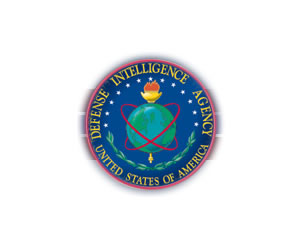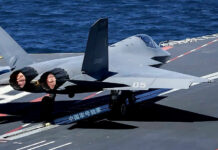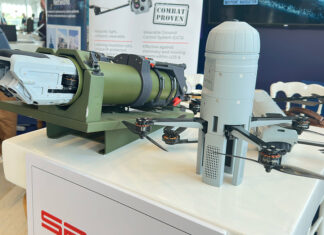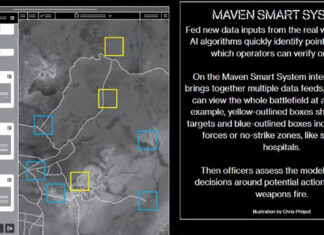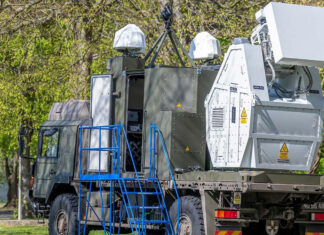The Pentagon is launching a new intelligence organization called ‘Defense Clandestine Service’ (DSC), positioned to focus on interests of ‘national intelligence’ rather than battlefield intelligence and tactical support for the warfighter. While the pentagon is not specific where those interests are, the US most pressing intelligence priorities in recent years have included counterterrorism on a global scale (with focus on the Middle East, Asia and Africa), nonproliferation issues related mainly but not exclusively to North Korea and Iran, and the growing military forces of China.
These interests are covered by a plethora of clandestine organizations, including the Central Intelligence Agency (CIA), Defense Intelligence Agency (DIA) and the National Security Agency (NSA); other agencies focus on specific threats or technologies, such as the National Counterterrorism Center (NCTC) or National Reconnaissance Office and National Geospatial Intelligence Agency, responsible for remote sensing by spy satellites. Following the approved last week by Defense Secretary Leon E. Panetta the Pentagon is forming another service beside DIA. DOD intends to be operate this joint service complementary to other intelligence efforts, supporting and complementing intelligence activities under the Director of National Intelligence’s work.
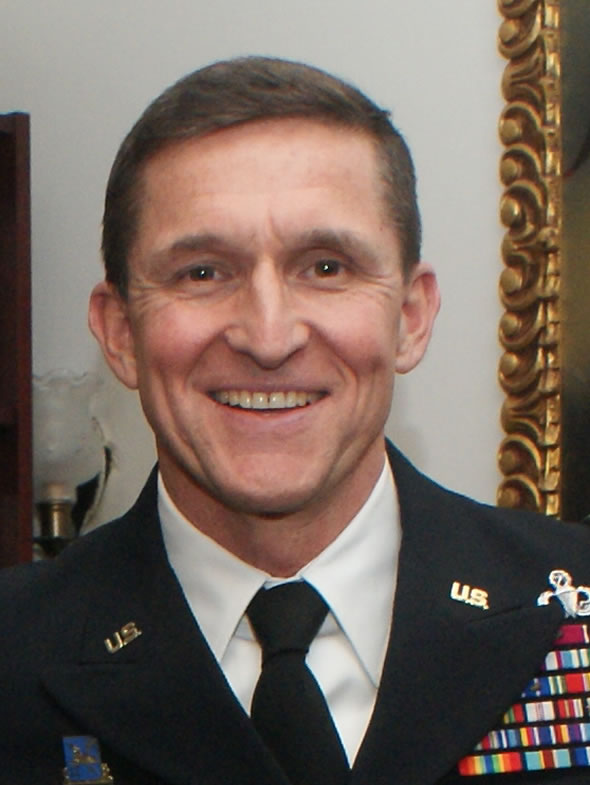
According to the Washington Post, Michael Vickers, the undersecretary of defense for intelligence and the main force behind the changes, is best known as one of the architects of the CIA’s program to arm Islamist militants to oust the Soviets from Afghanistan in the 1980s. He is also a former member of U.S. Special Operations forces.
DIA was effectively conducting its traditional, and much larger, mission of providing intelligence to troops and commanders in war zones, it needed to focus more attention outside the battlefields on what is called “national intelligence” — gathering and distributing information on global issues and sharing that intelligence with other agencies. The mission statement of DIA covers these interests, in addition to directly supporting military operations (see video below).
According to the Washington Post, the new service was developed in response to a classified study completed last year by the director of national intelligence, that concluded that the military’s espionage efforts needed to shift from tactical oriented support to broader operations, streamlining the efforts of the Defense Intelligence with other intelligence agencies, providing more complete and actionable picture for decision makers at the military. “It’s essentially designed to integrate defense intelligence capabilities with the broader intelligence community by leveraging unique military capabilities” said Navy Capt. John Kirby, the deputy assistant Secretary of Defense for media operations. He said the new service will inherent “existing capabilities and existing personnel to better focus on this particular kind of intelligence.” About 15 percent of the DIA’s case officers will be part of the Defense Clandestine Service, the Washington Post wrote. New, more clearly delineated career paths will give DIA case officers better opportunities to continue their espionage assignments abroad, he said.
According to Kirby, one of the unique aspects of the Defense Clandestine Service will be its Human Intelligence (HUMINT) capabilities, “We’re very, very proficient at the technical side of intelligence collection and I think this will help us get a little bit better at the human intelligence effort.” Kirby eased concerns about the new DOD initiative evolving into a competitor to the CIA. “This isn’t about supplanting anybody, it’s not about taking over anything, it’s not about militarization of intelligence collection; it’s about making us better contributors to the overall team effort.” The new service wil offer new opportunities for DOD intelligence career officers. With planned manpower ‘of several hundreds’, it will offer better career progression for military officers in the intelligence community. Kirby noted.

